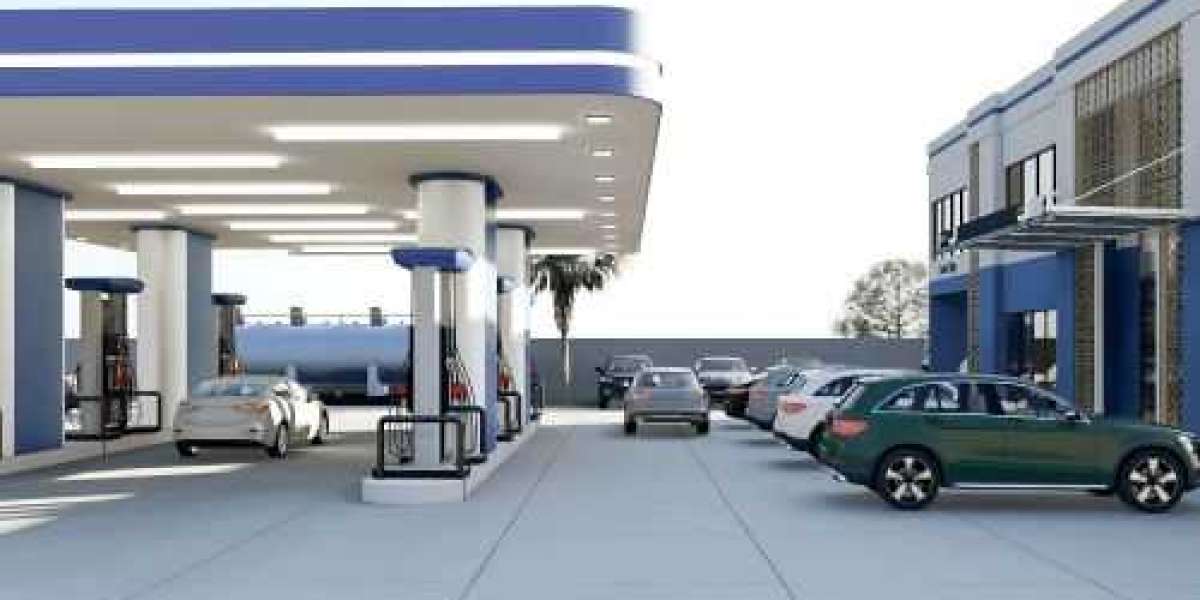Introduction
As electric vehicles (EVs) rapidly gain popularity, the traditional role of gas stations is being challenged and redefined. With the automotive industry shifting from combustion engines to battery power, a key question arises: Can gas stations evolve to serve the EV market by installing China EV chargers?
The answer is yes—but it’s not as simple as swapping gas pumps for chargers.
EV chargers differ widely in speed, power requirements, and cost. While gas pumps refuel vehicles in minutes, EV charging can take anywhere from 20 minutes to several hours depending on the charger type. Most gas stations exploring EV charging focus on fast DC chargers for quick top-ups or Level 2 chargers suited for longer stays, such as at shopping centers.
So, if EVs are the future, why haven’t gas stations widely adopted EV chargers yet?
The answer lies in a mix of economic challenges, infrastructure hurdles, evolving customer behavior, and shifts in business models. Let’s dive into the challenges, opportunities, and possible paths forward.
EV Charging at Gas Stations
The Costs of Transition
High Upfront Investment: Installing a DC fast charger can cost $50,000 to over $200,000, often requiring expensive electrical upgrades like transformers and rewiring.
Infrastructure Limitations: Older or urban gas stations may lack space or sufficient electrical capacity. Utility upgrades alone can delay deployment by months.
Opportunity Cost: EV chargers take longer to serve each vehicle, reducing turnover and potentially sacrificing parking or fueling space, which can hit daily revenue.
The Business Model Dilemma
Low Profit Margins: Gas stations traditionally profit from convenience store sales, while EV charging revenue remains uncertain. Many EV drivers expect low or no cost charging.
Changed Customer Habits: Unlike quick gas fill-ups, EV charging requires 20-40 minutes, meaning customers seek amenities like cafes or retail, which not all stations offer.
Monetization Challenges: Stations must rethink revenue—from charging fees and retail sales to partnerships and advertising—with no clear dominant model yet.
Benefits of Installing EV Chargers
Despite challenges, gas stations stand to gain by embracing EV charging:
Meeting Growing Demand: EVs could represent 40-60% of new car sales by 2030. Gas stations’ strategic locations make them ideal charging hubs.
Diversifying Revenue: Early adopters can attract environmentally conscious customers and partner with major charging networks like Tesla, Electrify America, or ChargePoint.
Incentives and Subsidies: Governments and utilities offer grants, tax credits, and rebates to ease upfront costs and encourage installations.
EV Charging Beyond Gas Stations
EV chargers are increasingly installed at places where vehicles park for longer periods, such as:
Apartment complexes
Office buildings
Retail centers
Hotels and restaurants
Transit hubs
This "destination charging" model leverages natural dwell times and often uses Level 2 chargers, turning EV charging into an amenity like Wi-Fi rather than a standalone business.
How to Accelerate EV Charger Adoption
Incentivize Transition: Expand grants, rebates, and low-interest loans for charger installation and utility upgrades.
Streamline Permitting: Simplify and speed up permitting and utility coordination to reduce deployment delays.
Encourage Partnerships: Promote collaborations among gas stations, utilities, charging providers, and tech firms to share risks and expertise.
Educate Stakeholders: Help gas station owners understand long-term opportunities and teach drivers about charger availability and usage.
Looking Ahead: Coexistence, Not Replacement
EV chargers will likely coexist with gas pumps for years, with many stations adopting a hybrid model offering both fuels. The future gas station may evolve into a convenience hub with lounges, cafes, free Wi-Fi, interactive advertising, and app integration.
Conclusion
Can gas stations install EV chargers? Absolutely. With the right vision, investment, and adaptation of their business model, gas stations are well-positioned to become central players in the EV infrastructure landscape—driving the transition to cleaner, smarter transportation.Know more about Google SEO Directory


